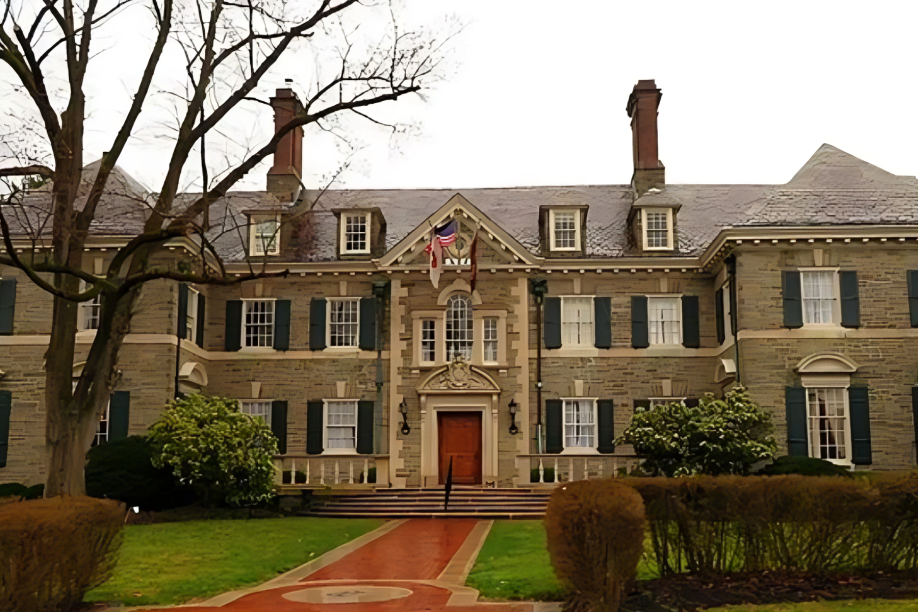The Fair Housing Act (FHA) is a landmark piece of legislation in the United States that was enacted to eliminate discrimination in housing and ensure equal access to housing opportunities for all individuals, regardless of race, color, religion, sex, national origin, familial status, or disability. Passed in 1968, as part of the broader Civil Rights Movement, the Fair Housing Act remains a critical tool in combating housing discrimination and promoting fairness and inclusivity in communities across the nation.
In this article, we’ll explore the history of the Fair Housing Act, its key provisions, how it protects individuals, and the impact it has had on housing practices in the United States.
The History of the Fair Housing Act
The Fair Housing Act was passed on April 11, 1968, just one week after the assassination of civil rights leader Dr. Martin Luther King Jr. The Act was signed into law by President Lyndon B. Johnson and was considered a significant achievement in the Civil Rights Movement.
Pre-1968: The Need for Fair Housing Legislation
Before the passage of the Fair Housing Act, housing discrimination was widespread and often legally sanctioned in many parts of the country. African Americans, along with other minorities, were frequently denied housing opportunities through practices such as redlining, restrictive covenants, and racial steering. These discriminatory practices perpetuated segregation and created significant barriers to homeownership and economic advancement for people of color.
The Civil Rights Act of 1964
The Civil Rights Act of 1964 laid the groundwork for the Fair Housing Act by addressing discrimination in various areas, including employment, education, and public accommodations. However, it did not address housing discrimination directly. The need for comprehensive legislation to tackle housing discrimination became increasingly evident as the Civil Rights Movement gained momentum.
Passage of the Fair Housing Act
The assassination of Dr. King was a pivotal moment that galvanized support for the Fair Housing Act. His death highlighted the urgent need for legislation to address systemic racism and inequality. With growing public pressure and support from civil rights activists, Congress passed the Fair Housing Act in 1968 as Title VIII of the Civil Rights Act of 1968.
Key Provisions of the Fair Housing Act
The Fair Housing Act prohibits discrimination in the sale, rental, and financing of housing based on the following protected characteristics:
- Race
- Color
- Religion
- Sex
- National Origin
- Familial Status (e.g., presence of children under 18, pregnancy)
- Disability
Prohibited Practices
Under the Fair Housing Act, the following practices are illegal:
- Refusal to Rent or Sell: It is unlawful to refuse to rent or sell a dwelling to someone based on a protected characteristic.
- Discriminatory Terms and Conditions: It is illegal to impose different terms, conditions, or privileges on the sale or rental of a dwelling based on a protected characteristic.
- False Representation of Availability: It is unlawful to falsely claim that a dwelling is unavailable for sale or rental when it is actually available, based on a protected characteristic.
- Discriminatory Advertising: It is illegal to make, print, or publish any notice, statement, or advertisement that indicates a preference, limitation, or discrimination based on a protected characteristic.
- Harassment or Intimidation: It is unlawful to harass, intimidate, or interfere with anyone exercising their rights under the Fair Housing Act.
- Discriminatory Lending Practices: Lenders are prohibited from discriminating against borrowers based on a protected characteristic when providing financing for the purchase, construction, or improvement of a dwelling.
Accessibility Requirements for Individuals with Disabilities
The Fair Housing Act also includes provisions to ensure that housing is accessible to individuals with disabilities. Specifically, new multi-family housing constructed after March 13, 1991, must meet certain accessibility standards, including:
- Accessible entrances and public use areas
- Wider doors for wheelchair access
- Accessible routes into and through the dwelling
- Accessible light switches, electrical outlets, thermostats, and other environmental controls
- Reinforced bathroom walls to allow for the installation of grab bars
- Usable kitchens and bathrooms for people with disabilities
Enforcement of the Fair Housing Act
The U.S. Department of Housing and Urban Development (HUD) is responsible for enforcing the Fair Housing Act. Individuals who believe they have been discriminated against can file a complaint with HUD. HUD will investigate the complaint and, if discrimination is found, can take action to remedy the situation. This may include mediation, conciliation, or filing a lawsuit in federal court.
Table: Protected Characteristics Under the Fair Housing Act
| Protected Characteristic | Description |
| Race | Prohibits discrimination based on a person’s race. |
| Color | Prohibits discrimination based on a person’s skin color. |
| Religion | Prohibits discrimination based on a person’s religious beliefs or practices. |
| Gender | Prohibits discrimination based on a person’s gender. |
| National Origin | Prohibits discrimination based on a person’s country of origin or ethnicity. |
| Familial Status | Protects families with children under 18, pregnant women, and those securing custody of children. |
| Disability | Prohibits discrimination against individuals with physical or mental disabilities. |
The Impact of the Fair Housing Act
Since its passage, the Fair Housing Act has had a profound impact on housing practices in the United States. It has helped to reduce discriminatory practices, promote diversity in communities, and increase access to housing for historically marginalized groups.
Reducing Discrimination in Housing
The Fair Housing Act has played a crucial role in reducing overt discrimination in housing. Practices such as redlining and racial steering, once common, are now illegal and have been significantly curtailed. While discrimination has not been entirely eradicated, the FHA has provided a legal framework to challenge and address discriminatory behavior.
Promoting Diverse and Inclusive Communities
By prohibiting discrimination based on race, color, religion, sex, national origin, familial status, and disability, the Fair Housing Act has helped to create more diverse and inclusive communities. People from different backgrounds are now better able to access housing in neighborhoods of their choice, leading to greater integration and social cohesion.
Addressing the Needs of Individuals with Disabilities
The accessibility requirements under the Fair Housing Act have significantly improved housing options for individuals with disabilities. New multi-family housing developments are now required to be accessible, allowing people with disabilities to live independently and participate more fully in their communities.
Challenges and Ongoing Issues
Despite the progress made since the passage of the Fair Housing Act, challenges remain. Discrimination in housing still exists, often in more subtle forms, such as discriminatory lending practices or bias in online housing platforms. Additionally, enforcement of the Act can be inconsistent, and some communities continue to experience segregation and unequal access to housing opportunities.
The Role of Fair Housing Organizations
Fair housing organizations play a vital role in the ongoing effort to eliminate housing discrimination. These organizations provide education, advocacy, and legal assistance to individuals facing discrimination. They also work to raise awareness of fair housing rights and promote compliance with the Fair Housing Act.
Conclusion
The Fair Housing Act is a cornerstone of civil rights legislation in the United States, providing essential protections against discrimination in housing. Its impact has been far-reaching, helping to create more equitable and inclusive communities. However, the work is not yet complete. Ongoing efforts to enforce the Act, educate the public, and address emerging challenges are crucial to ensuring that all individuals have equal access to housing opportunities.
Understanding the Fair Housing Act and its provisions is essential for anyone involved in housing, whether as a renter, buyer, landlord, or real estate professional. By recognizing and upholding these rights, we can continue to move toward a society where everyone has the opportunity to live in a home free from discrimination.
Keep an eye for more news & updates on WebZOfbLog!



